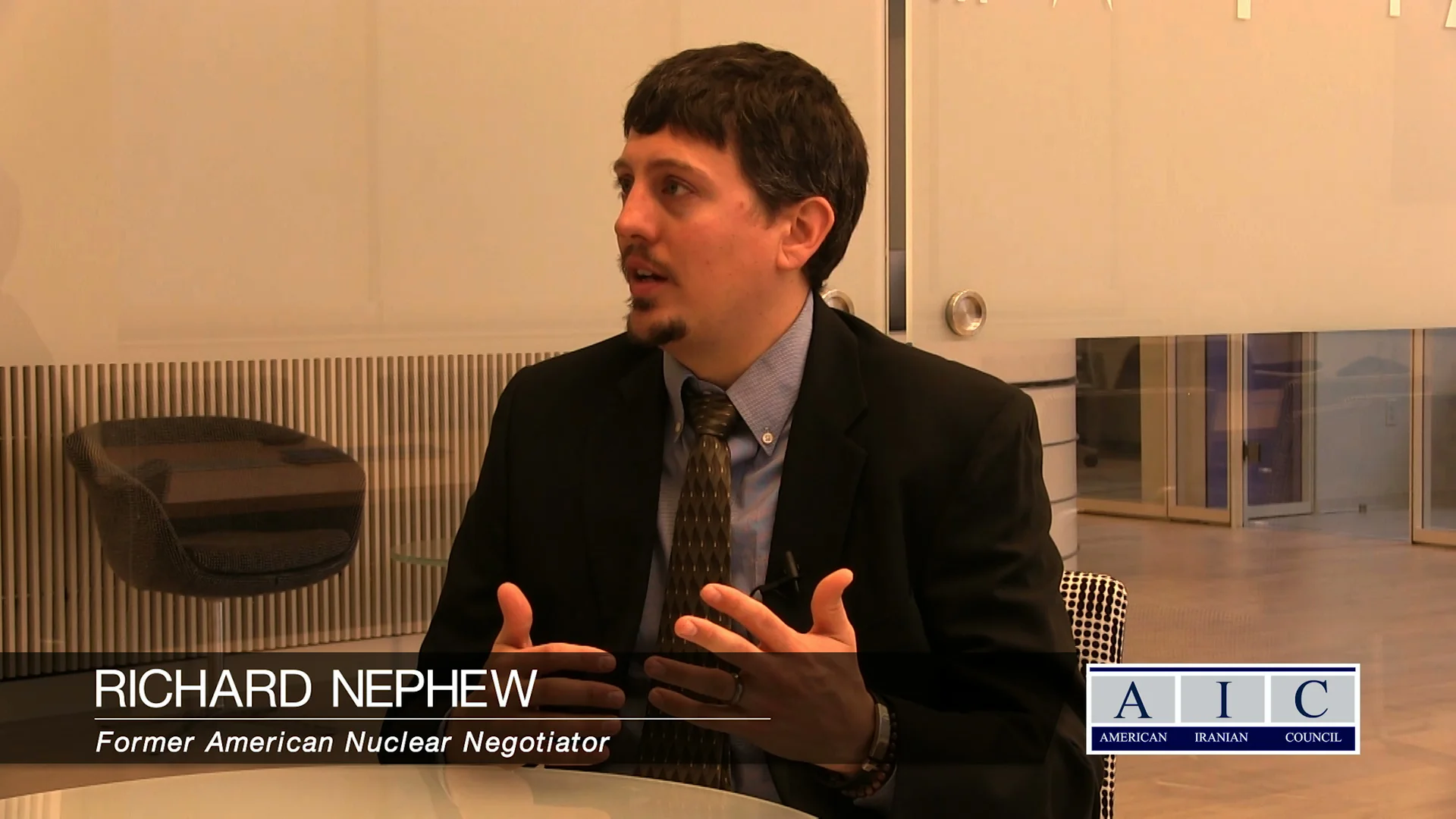I'm hosting an Election Event and We're Livestreaming it!
/As part of my AIC work, I'll be hosting tonight's "US Election and Middle East Foreign Policy" event featuring Dr. James Zogby from the Sanders campaign and Richard Nephew from the Clinton campaign. We've invited the two men to speak about their candidate's foreign policies toward the Middle East as well as take some questions. We'll also be live streaming the event, which you can watch right here at 6pm today!
Thursday April 7, 6pm
Marymount Manhattan College










